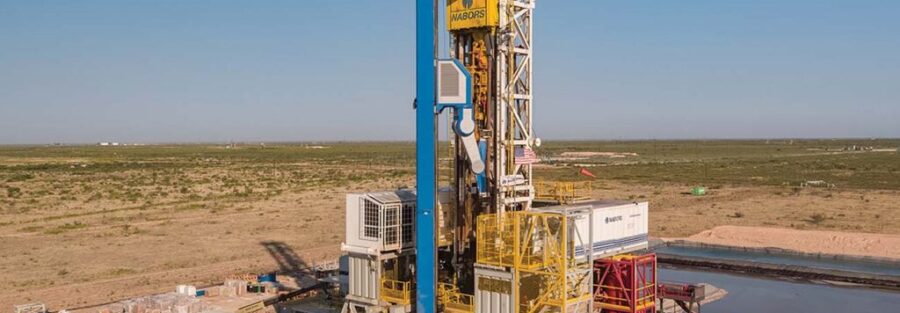As the global energy landscape becomes more complex and technologically advanced, the need for precision, performance, and safety in drilling operations has never been greater. While innovation in tools and software continues to accelerate, the foundation of every successful drilling campaign remains rooted in one essential component: drilling fluids—and the expertise behind their design, management, and execution.
Enter mud engineering education—the unsung driver of well integrity, cost control, and operational safety.
In an industry where billions can be gained or lost from decisions made beneath the surface, mud engineers are no longer support staff—they are frontline strategists. Their knowledge, training, and judgment determine how efficiently a well is drilled, how risks are mitigated, and how assets are preserved.
To build the future of drilling, we must first invest in the future of mud engineering education.
Why Mud Engineering Is Mission-Critical
Drilling fluids, or “mud,” serve a multitude of critical functions:
-
Maintaining hydrostatic pressure in the wellbore
-
Transporting cuttings to the surface
-
Cooling and lubricating the drill bit
-
Preventing formation damage
-
Supporting wellbore stability
Any miscalculation in mud weight, viscosity, pH, or contamination can lead to:
-
Well control incidents (kicks or blowouts)
-
Differential sticking
-
Formation collapse
-
Non-productive time (NPT)
-
Environmental and safety violations
Mud engineering, therefore, is not just a technical role—it’s a high-stakes discipline where theory meets high-pressure reality. And yet, far too often, education in this field is treated as supplementary rather than strategic.
The Knowledge Gap: Challenges in Traditional Training
While many engineering professionals receive exposure to drilling concepts in academic programs, few graduate with the practical knowledge necessary to manage complex fluid systems in real-world scenarios.
Common challenges include:
-
Lack of hands-on training in fluid mixing, testing, and diagnostics
-
Outdated curriculum disconnected from today’s technologies and challenges
-
Limited access to lab-grade testing environments
-
Insufficient focus on field communication, reporting, and safety protocols
As a result, new engineers often enter the field underprepared—relying on senior mud engineers or learning through trial and error in high-risk environments.
This is no longer sustainable.
The Oilchem Mud School Advantage: Education That Drives Performance
At Oilchem Mud School, education is not abstract—it’s engineered for impact.
With over two decades of operational experience and deep industry partnerships, Oilchem offers a curriculum that bridges academic knowledge and field execution through:
-
Intensive Practical Training
Students learn to test, analyze, and formulate drilling fluids using real equipment under simulated wellsite conditions. -
Industry-Relevant Modules
Courses cover modern mud systems (WBM, OBM, SBM), solids control, contamination treatment, fluid loss prevention, and environmental compliance. -
Integrated Software and Data Skills
Emphasis on digital monitoring tools, fluid reporting platforms, and real-time decision-making frameworks. -
Certifications Aligned with Industry Standards
Graduates are prepared for both local and international assignments with knowledge validated against API, ISO, and operator-specific standards. -
Mentorship from Active Field Professionals
Trainers are not just educators—they are practicing engineers, ensuring students are prepared for the practical, operational, and cultural realities of life on the rig.
Empowering a New Generation of Drilling Fluids Experts
As oil and gas operations expand into HPHT wells, ultra-deep offshore plays, and unconventional reservoirs, the demands placed on mud engineers will only grow more complex. These environments require:
-
Advanced thermal-stable fluid systems
-
Greater emphasis on HSE compliance and environmental stewardship
-
Cross-functional communication with directional drillers, geologists, and HSE teams
-
Real-time troubleshooting in unpredictable conditions
To meet these challenges, the industry must cultivate a new generation of mud engineers who are technically sound, operationally competent, and strategically agile.
This is not just about filling job vacancies. It’s about safeguarding investments, lives, and the environment through competence and capability.
Conclusion: Educate to Elevate
The future of energy depends not only on technology but on people equipped to manage that technology with discipline, insight, and precision.
Mud engineering education is not a cost—it is a strategic investment in operational excellence. And institutions like Oilchem Mud School are leading the charge, ensuring that every student who steps into a field role does so with confidence, clarity, and credibility.
Because when a well is on the line, the margin for error is zero.
And that’s why we must train like lives and assets depend on it—because they do.





